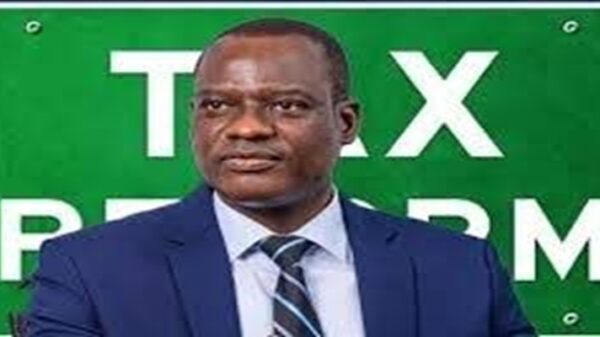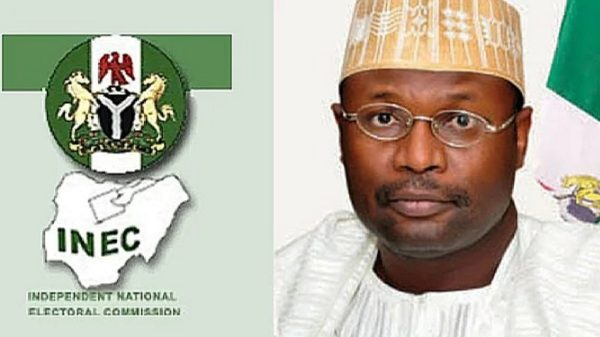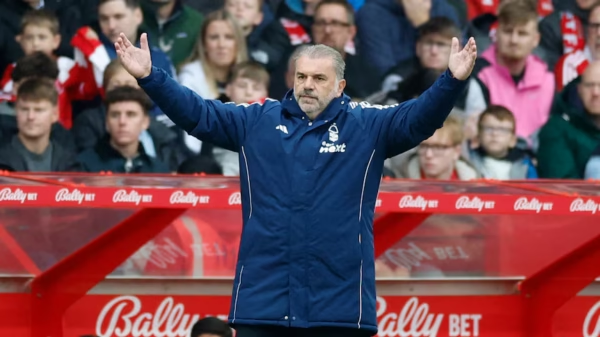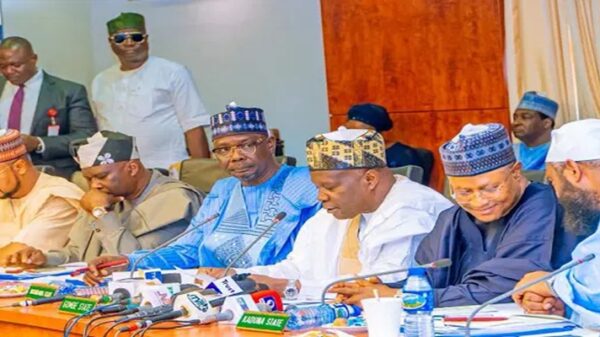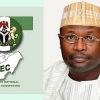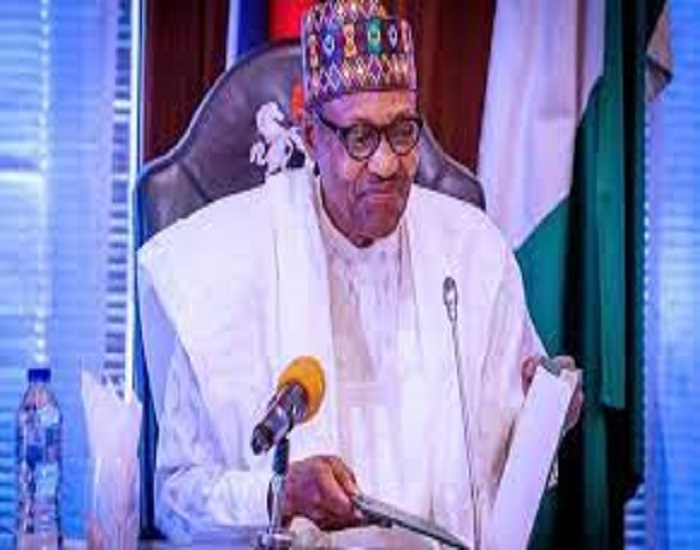By Dave Wakeman
As we head into the homestretch of 2021, we are still being heavily impacted by the pandemic—and it seems like a society that is restructuring (or realigning) itself due to challenges and issues that the pandemic uncovered.
Reading this morning’s paper highlighted this to me. It got me thinking about the types of skills that a PM is going to need to highlight (or build) to ensure that they are on top of the ever-changing world we are living in.
Here are my top three:
1. Communication: I feel like any good list on what makes a good PM should always contain improving your communication skills, but in this regard the communication skills we need to improve are a bit more broad than normal.
In a general sense, we always want to remember that your communications need to be clear, concise and easy to understand. But as we expand here, we need to make certain that we have the ability to communicate with folks clearly in different cultures. This might mean recognizing how different phrases translate or different customs come across.
The key to being a successful communicator in a changing world is that you need to focus on the receiver of the communication—with an emphasis placed on things that might make your communications fall flat. Because even when you share a common language, the gulf in understanding can be significant.
2. Negotiation: We hear a lot about different issues that are being exposed around the world right now, like supply chain backups, staff shortages and demand issues. The list goes on and can contain hundreds of variations on each issue, but the key idea here is that even if you are dealing with a challenge, a good PM has to find ways to resolve issues. This comes down to negotiation. And what is negotiation but solution seeking at its finest?!
To be an effective negotiator in a changing world, you need to focus on your communications to begin with (like I mentioned above, communications seem to be the gateway for effective project leadership). But you also need to recognize how to frame ideas, challenges and solutions to give people win/win opportunities. You also need to be able to see different routes to success.
Probably the most important skill is to not look at negotiation as a winner-takes-all situation. Because in most instances, it’s going to be about accommodation and not capitulation.
3. Recruitment: I’ve written here over the years about how great a PM I think Alabama football coach Nick Saban is. One of his best skills is his ability to recruit talent to Tuscaloosa. Talent wins.
To be a successful PM in our new environments of change and uncertainty, you are going to need to focus on recruiting folks to your team to be successful as well.
Recruiting in this context doesn’t mean getting people to sign up as your “ride or die,” though it may require that at certain times. Instead, recruitment is likely a lot more flexible as you need people to dedicate a few hours to a challenge you are dealing with, sign off on a new piece of your project, or commit the resources necessary to help you keep your project moving forward.
As I write this out, I start thinking about how we recently discussed project management being a sales job. Then, I look at my list and realize that the key way that PMs are going to work forward now is through selling: their ideas, their partnership and their resources.
Maybe instead of a big change, the more things change the more they stay the same? Let me know what you think in the comments.
![]()


